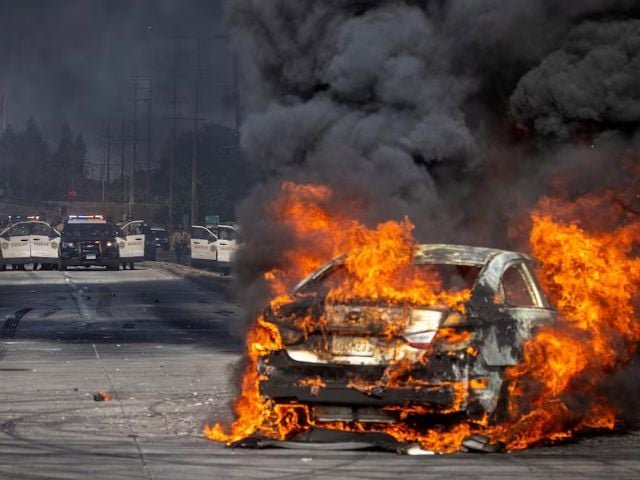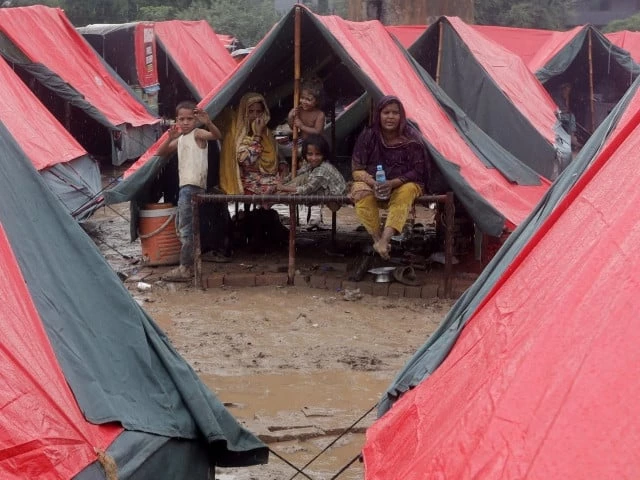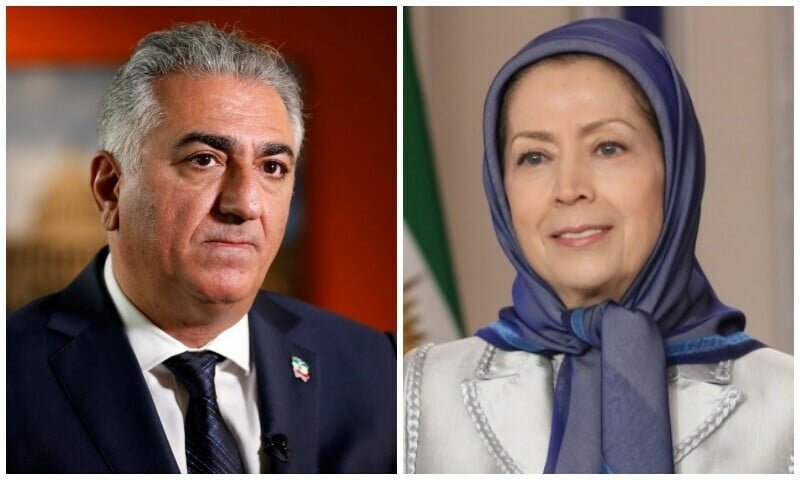In a surprising turn of events that’s stirred ripples across religious and political circles in Pakistan, Maulana Tariq Jameel, one of the most recognized Islamic scholars of our time — has reportedly been distanced from the Tablighi Jamaat, a group he’s long been associated with. The decision, though unofficially confirmed, appears to stem from his alleged political affiliations with Imran Khan, which contradict the Jamaat’s strictly non-political doctrine.
But what does this mean for Maulana Tariq Jameel, the Tablighi Jamaat, and the wider religious landscape of Pakistan?
The Silent Storm: What Happened?
While no formal statement has been issued by the Markaz of Tablighi Jamaat, a voice note — widely attributed to Maulana Tariq Jameel — has surfaced online. In the audio, the scholar expresses disappointment over the decision, emphasizing his continued love and respect for the Jamaat despite being emotionally sidelined.
This development is especially significant given Tariq Jameel’s decades of preaching under the Tablighi banner, drawing massive crowds both in Pakistan and abroad.
Why Was He Allegedly Removed?
The Tablighi Jamaat is known for its strict apolitical stance, avoiding even indirect endorsements of political figures or parties. However, Maulana Tariq Jameel has been seen in proximity to political leadership, including emotionally-charged speeches during government-backed events, and appearances with high-ranking political leaders like Imran Khan.
This public alignment, even if spiritually motivated, has been interpreted by some within the Jamaat as crossing the line between dawah and political endorsement.
Who is Maulana Tariq Jameel?
A former medical student turned scholar, Tariq Jameel is known for his soft-spoken delivery, moderate tone, and inclusive messages. Over the years, he has built a reputation as a bridge between modern society and traditional Islamic values.
He’s been credited with influencing celebrities, politicians, and even cricketers to adopt religious values, often steering public discourse toward peace, morality, and spiritual growth.
Public Reaction: Support, Shock, and Silence
The news of his exclusion has prompted a mixed reaction:
- Supporters of Maulana Tariq Jameel expressed sadness and disbelief, viewing him as a unifying figure who transcends sectarian and political lines.
- Traditionalists within Tablighi circles argue that the integrity of the Jamaat’s apolitical stance must be maintained, no matter how influential a preacher might be.
- Neutral observers question whether such rigid non-engagement is feasible in today’s interconnected world, especially when religious narratives often overlap with societal challenges and governance.
The Larger Picture: Religion, Politics, and Power
This controversy highlights a deeper tension in Pakistan’s religious landscape, can religious figures remain entirely apolitical, especially when they command millions of followers?
In a country where political decisions often intertwine with religious identity, scholars like Maulana Tariq Jameel walk a delicate line. Their voice can uplift spiritual consciousness — but it can also unintentionally shift political momentum.
What This Means for Tablighi Jamaat
For the Tablighi Jamaat, this move seems to signal a reaffirmation of its core principles:
- No political interference (Especially Imran khan)
- No media exposure
- A decentralized model of dawah rooted in simplicity
But the question remains: in the digital age where influence spreads through YouTube, social media, and national platforms, can the Jamaat retain its influence without adapting?
What’s Next for Maulana Tariq Jameel?
Though he may be distanced from the Jamaat, Maulana Tariq Jameel still maintains a powerful presence through his foundation, media reach, and public goodwill.
His future may involve:
- Independent religious outreach
- Charity and educational projects
- Possibly serving as a spiritual advisor or bridge between modern governance and traditional values — even if informally.
Conclusion: A Fork in the Road
Whether this move is a momentary misunderstanding or a clear-cut break, it’s undeniable that Maulana Tariq Jameel has left a mark that transcends organizational boundaries.
This episode serves as a reminder of the delicate balance between faith and influence, and the need for transparency, dialogue, and humility in times of division.
As for the public, one thing is clear:
In a time of noise, Maulana Tariq Jameel was often the calm.
Let’s hope his voice continues to guide, with or without a label.





